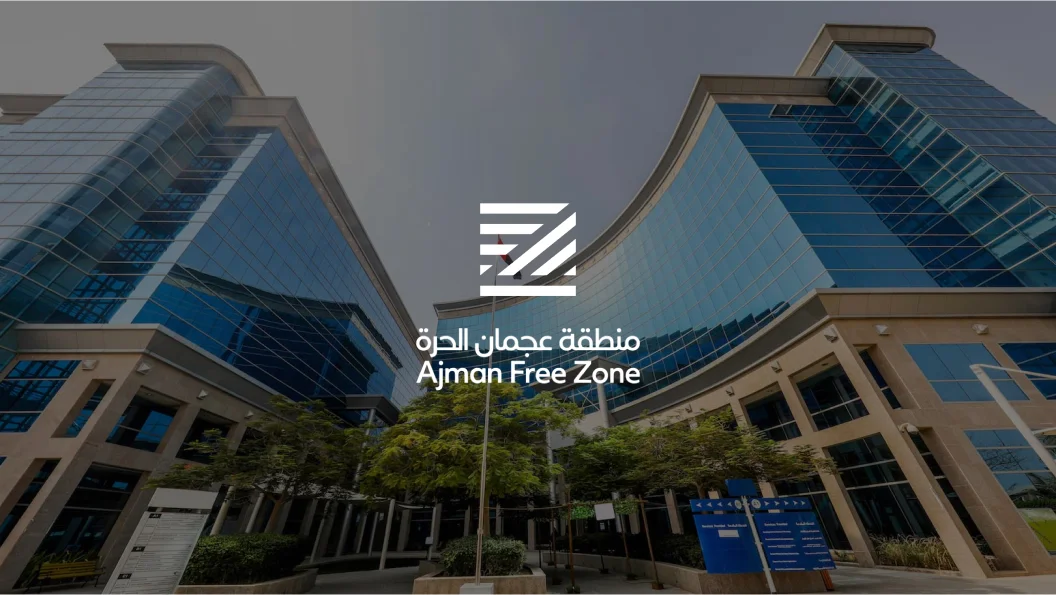
As 2025 comes to a close, every UAE business, whether in a free zone or mainland, needs to take a close look at its books, taxes, and compliance. The year-end is not just about closing your accounts; it’s about preparing your business for stronger financial growth in the year ahead.
To help you stay compliant and organized, here’s a simple and practical UAE year-end financial checklist for 2025 that covers everything from accounting and VAT to corporate tax and growth planning.
UAE Year-End Financial Checklist 2025
Here’s a checklist you should follow:
1. Review Your Financial Statements
Start by reviewing your company’s financial statements, including your profit and loss, balance sheet, and cash flow reports. This step gives you a clear picture of how your business performed throughout the year.
Check for errors, missing entries, or outstanding invoices. If you are operating in a UAE free zone or mainland, these statements are vital for both tax and audit purposes. Keeping them updated helps you make better financial decisions and ensures you’re ready for any inspection or year-end audit in the UAE.
2. Reconcile Bank Accounts and Payments
Before closing your books, make sure all your bank transactions match your accounting records. This includes verifying deposits, payments, and transfers. Reconcile your business bank accounts and credit card statements to ensure everything aligns.
For UAE businesses preparing for year-end compliance, this step is crucial to detect any discrepancies early and prevent future issues with your financial reports or audits.
3. Manage Accounts Receivable and Payable
Your year-end accounting checklist in the UAE should include checking outstanding invoices and payments. Follow up with clients who haven’t paid yet and clear your dues with vendors.
Settling your payables and receivables not only improves cash flow but also provides a cleaner financial snapshot for the year-end. It helps you enter the new year without financial clutter.
4. Review Your VAT Compliance
VAT compliance remains a key part of the UAE year-end financial checklist. Make sure all VAT returns have been filed correctly and on time. Double-check input and output VAT records and ensure your invoices are compliant with FTA standards.
If there are any errors or missed filings, fix them before the year closes. Regular VAT audits help businesses stay compliant and avoid penalties in 2025.
5. Prepare for UAE Corporate Tax Filing
2025 is an important year for UAE companies because of the UAE corporate tax regulations. Businesses must review their taxable income, deductible expenses, and relevant documentation before filing.
Your corporate tax year-end checklist should include confirming your tax registration, calculating taxable profits, and reviewing your financial records for accuracy. If you operate a free zone company, check whether your activities qualify for the 0% tax benefit and make sure you meet the necessary compliance requirements.
6. Conduct an Internal Audit
An internal audit ensures that your company’s internal processes are working as intended. Review financial policies, expense approvals, and data security. Even if your business isn’t legally required to conduct an audit, doing so helps you identify risks, improve internal controls, and strengthen financial transparency.
For businesses in the UAE, an internal audit is a smart way to stay ready for any future external audits and enhance investor confidence.
7. Check Employee and Payroll Records
Employee records must be updated as part of your UAE year-end compliance checklist. Verify that all salaries, bonuses, and end-of-service benefits are accurately recorded.
Also, ensure your payroll complies with UAE labor laws and the Wage Protection System (WPS). Having accurate payroll data simplifies tax reporting and employee management in the next financial year.
8. Review Licenses, Permits, and Insurance
Before the new year begins, make sure your business licenses, visas, and insurance policies are valid. Renew trade licenses, employee visas, and office leases to avoid fines or disruptions.
This is especially important for free zone companies that operate under specific authorities like DMCC, IFZA, or Meydan. Staying updated with renewals helps maintain smooth operations and full legal compliance.
9. Evaluate Inventory and Fixed Assets
If your business manages inventory or equipment, perform a full stock check. Compare your physical stock with recorded data to adjust discrepancies. Review your fixed assets list—dispose of outdated items and record new purchases properly.
This not only ensures accuracy in your financial statements but also helps with depreciation calculations for corporate tax compliance.
Get in touch with Smart Zone
Completing your UAE year-end financial checklist ensures your business stays compliant, organized, and ready to grow in 2026. From reviewing your accounts to meeting tax obligations, every step plays a role in protecting your company’s future.
If you need expert help with corporate tax, accounting, or company compliance in the UAE, Smart Zone is here to assist. Our team of business setup and financial professionals makes year-end procedures simple, stress-free, and 100% compliant.
Get in touch with Smart Zone today to prepare your business for a stronger financial year ahead.
Get in Touch Today:
📞 Call Us: +971 58 541 7444
📧 Email Us: info@smartzone.ae






